The carefully curated relationship your organization fosters with its banking partners is fundamental to your treasury department’s operational success. Depending on the unique operational and financial circumstances of your organization, having multiple banking partners and banking relationships may be part of your daily treasury operations. Treasury departments rely heavily on the products and services provided by banks, and your treasury department serves as the catalyst for managing those relationships. Especially if your company is a multi-national organization operating in many countries, the likelihood that your company relies on multiple banking relationships increases significantly.
An important part of managing your organization’s financial well-being involves evaluation of your banking relationships. It’s important to regularly revisit banking relationships in order to ensure they are meeting your needs. Over time, banks services and fees may change, so revisiting and/or renegotiating bank fees might be the driver that encourages organizations to reevaluate their banking partners. As companies look for ways to optimize their relations and working capital, optimizing bank relationships can lead to cost savings. This may mean investing in the longevity of the banking relationships that are of particular importance to your organization.
Having open and frequent two-way communication as well as regular and timely feedback between yourself and your banking partners are two of the most crucial factors in ensuring that you maintain a successful and trusting long-term relationship with your bank. It is essential to make sure there is clear and accurate documentation of all expectations, agreements, and legal contracts, as well as to ensure that your bank is providing fairly priced, efficient, and effective financial services and products in order to maintain a good working relationship.
After careful evaluation, consolidating your banks, accounts, and services might be in order, which brings us to rationalization of your banking relationships. Evaluating your bank relationships, rationalizing these relationships and making changes where necessary is the next step. You’ll want to ensure that each and every one of your banking relationships adds value to your organization. It might be that one bank offers a particular service for a much lower fee, yet another bank offers better technology you want to take advantage of. Carefully accounting for these products and services will ensure that you’re able to make logic-based strategic decisions.
Consolidating banking relationships can help save money over time, but consider at what cost. It may be that maintaining multiple banking relationships offers an added layer of security and risk management by providing the ability to pivot quickly in a specific country or region where market volatility is of concern. This is where rationalization comes into play, and your team will need to justify the current or proposed banking practices. A key component of rationalization is being able to identify how these banks are performing. Think about the key performance indicators (KPIs) you’ll use to identify the success or failure of your banking relationships. Asking yourself questions such as:
Are our banks meeting our operational needs?
- Which metrics are we going to use to look at to rationalize each banking relationship?
- Are there new products and services out on the market that we haven’t yet considered?
- What are the qualitative and quantitative benefits of each bank?
- Which banks are strategic in a specific country or region?
- Is there a bank which is a leader in newer technologies that can dramatically re-engineer our business?
- Are the fee structures of our existing banks reasonable against each other and against the marketplace?
By asking and answering these kinds of questions when rationalizing your banking partners, you’re ensuring that your organization is making the most strategic, holistic, and cost-effective decisions to ensure the long-term health of your company. If reducing the number of bank relationships is something your organization is trying to accomplish, a payment hub may be worth looking into. For more information on what a payment hub is and how it can help your organization, read our recent piece on payment hubs here.
Author
-

Ms. Caron serves as Elire's Senior Marketing Specialist, specializing in content writing and digital media communications. Maddie works to deliver relevant industry updates and technical blog posts to educate and engage Elire's audience.
